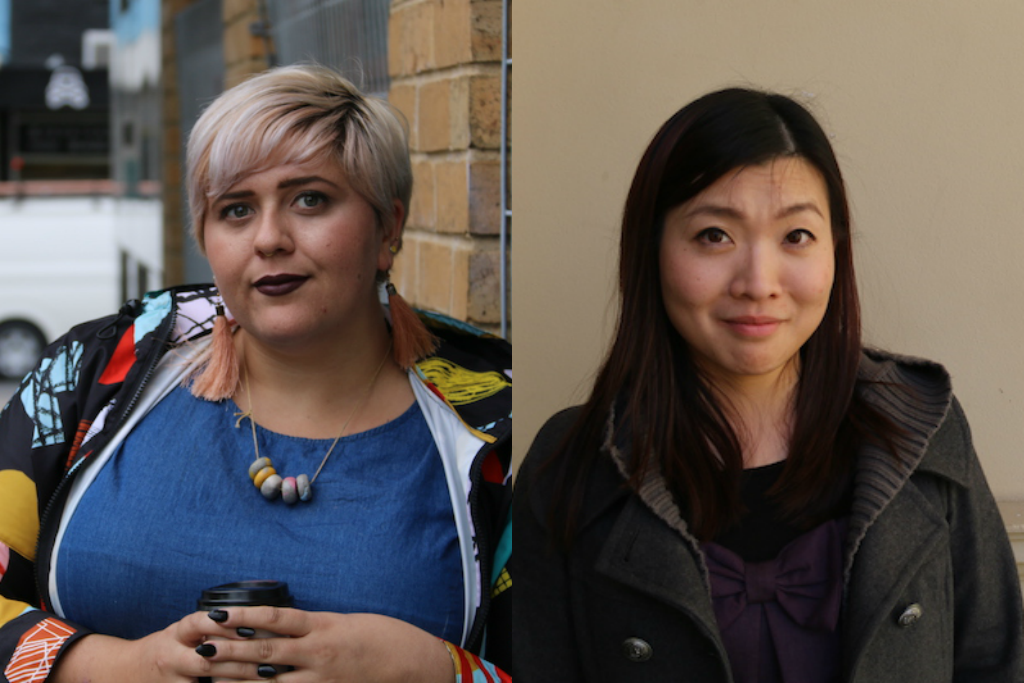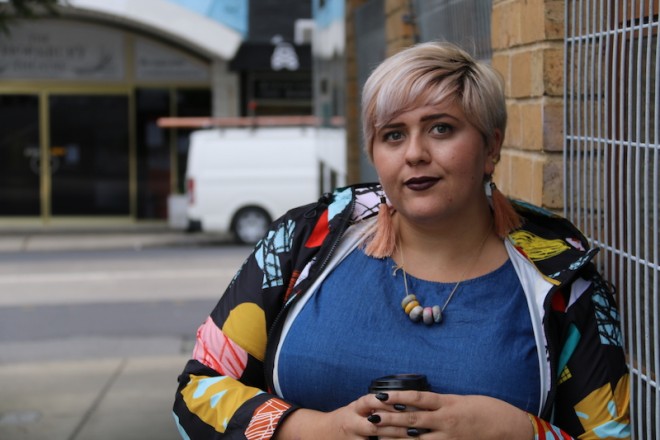One In Five Young Workers Are Getting Paid Below The Minimum Wage
"The only jobs you normally get are in those dodgy shops and they give you really bad rates."

A new report has found that underpayment of young workers is rife across multiple industries and is partly the result of young people not understanding their workplace rights and entitlements.
The Great Wage Rip-Off was produced by the Young Workers Centre and launched in Melbourne last night. It’s based on a survey of more than 1,000 young workers in Victoria that asked respondents about their safety, pay and conditions at work.
In the last few weeks a number of celebrity chefs — including MasterChef’s George Calombaris and pastry weirdo Adriano Zumbo — have been accused of underpaying their staff in the notoriously shady hospitality sector. But the report from the Young Workers Centre suggests that the problems are far more widespread than just a few bad apples.
The report found that one in five young workers are paid at base rates below the national minimum wage and were being underpaid by about $3 an hour on average. More than half of those workers thought they were being above the minimum wage. The standard award rates for most industries are substantially higher than the minimum wage, which, as the report points out, suggests plenty of young workers are being substantially shortchanged.
“Young people are entering the workforce without knowledge of their rights and entitlements and thus assume that what employers offer accurately reflects what they’re legally entitled to,” the report says. “In the absence of strict penalties and disincentives, bad employers frequently operate outside the Fair Work Act by choosing to arbitrarily set their own pay rates that undercut the minimum wage and modern wards.”
In one case study, Jasmin, a hospitality worker, received a flat rate of $20 per hour without any weekend or public holiday penalty loadings. “At the start the manager said ‘We pay all our staff $20 an hour’,” Jasmin said. “We didn’t get public holiday pay ever, we didn’t get weekend pay. We were usually told to stay back late. This is at a cafe where the average meal cost about $27, plus coffee on top of that. We had pressure to upsell all the time and I realised upselling was just making them more and more money and we were losing out.”

Jasmin worked in a cafe that regularly paid below the award rate.
Jasmin’s cafe would charge customers a public holiday surcharge despite the fact worker’s weren’t receiving extra pay to work on holidays. When they realised how badly they were being underpaid they contacted the Young Workers Centre successfully received backpay to make up for the underpayments.
Sofia came to Australia as an international student in 2008. She worked a retail job in Melbourne’s CBD where she was paid $5 an hour and had her pay deducted for not wearing high heels. She described being paid cash-in-hand and wage theft as the norm for international students.
“It’s totally illegal, like under-the-table kind of cash-inhand payment, despite the fact that back when I was on a student visa the visa says you can work legally here for 20 hours a week. The thing is most places don’t want to hire you. They’re like ‘Oh international students, we don’t want the trouble, we don’t want the paperwork’, despite how many times you tell them ‘Hey, this visa says I can work legally here.'”
“So in the end the only jobs you normally get when you’re an international student is waitressing or like sales assistant but in those dodgy shops and they give you really bad rates.”

As an international student Sofia faced even greater exploitation in the workplace.
While the issue of underpayment and wage theft is obviously a reflection on business owners and managers, the report also suggests young people aren’t informed enough about their rights. The Young Workers Centre is calling for high school students to be taught about their rights in the workplace to develop a stronger understanding of the minimum wage and national employment standards.
They’re also calling for payslips to include the relevant industrial award so workers can easily find out how much they should be legally paid, and for great enforcement of labour laws in industries dominated by young, low-paid workers like retail and hospitality.
The Young Workers Centre coordinator, Keelia Fitzpatrick, told Junkee “We’d like to see the Fair Work Ombudsman do more systematic, unannounced spot checks of workplaces in low-wage industries and increased civil penalties for employers who are found to be ripping off young people. Wage theft is so endemic that criminal penalties for serious wage law violations must be introduced, in the same way that a worker would be criminally liable if caught stealing from the till.
“Our research shows that too many young people don’t even know what the minimum wage that applies to them is — and that too many employers are taking advantage of that. Young people desperately need universal, compulsory education about their workplace rights.”
–
Images via Young Workers Centre


